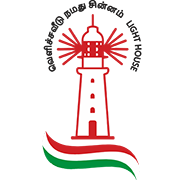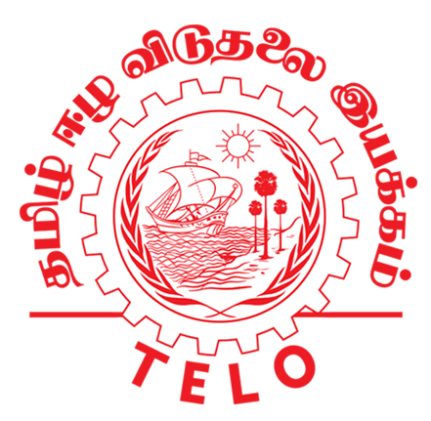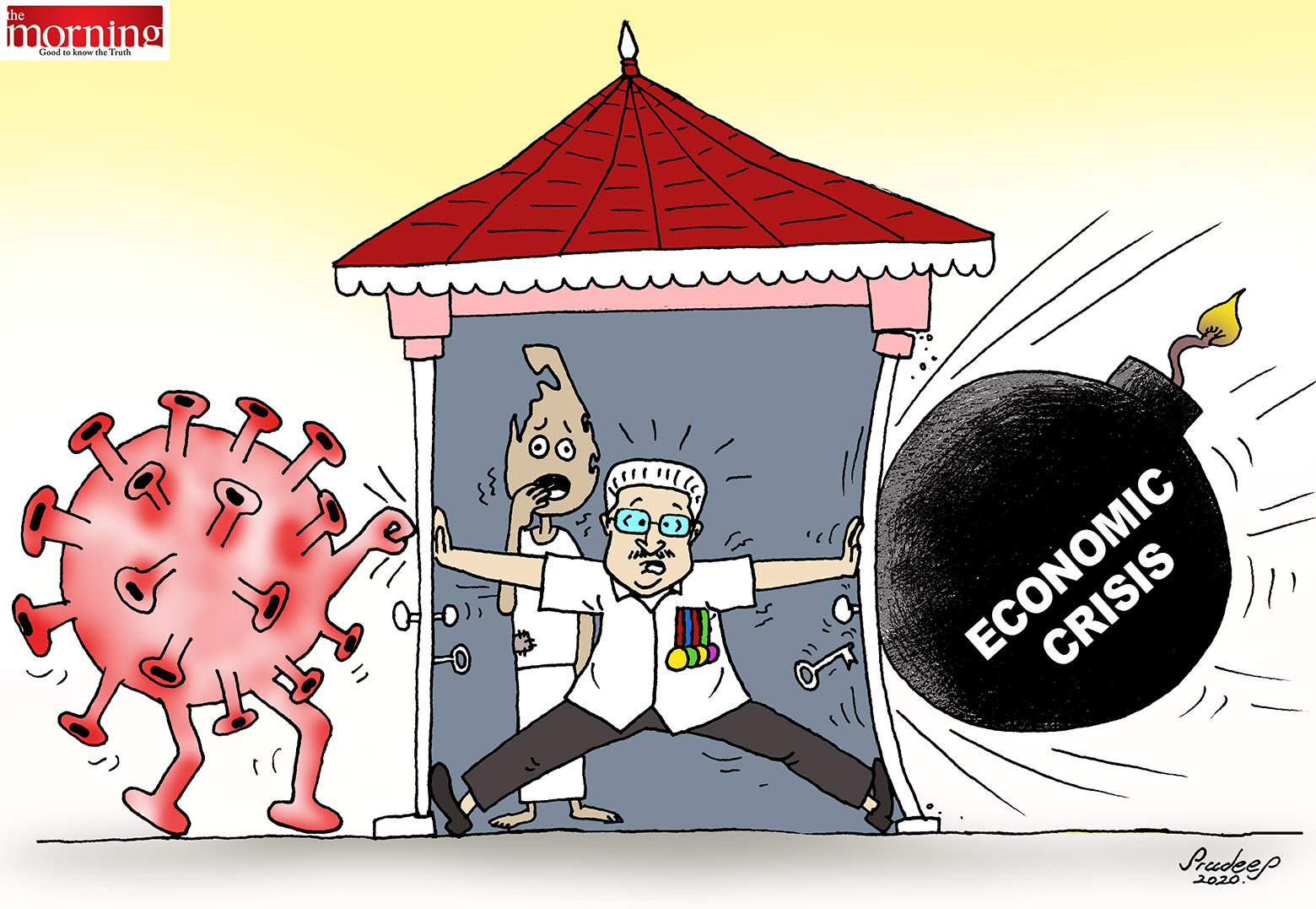Sri Lanka’s economic predicament is more parlous than the government admits. Prof WD Lakshman of the Central Bank and other regime supporters and sections of the media conceal this obvious reality. Of course much depends on domestic policies but rather like a drowning man we are reliant on lifesavers and rescuers in the vessels around us to pull us to safety. To put it more directly, at this juncture Sri Lanka’s short and medium term economic future depends on the goodwill of others. Five players are critical and in order of importance they are India, China, America and the EU – India because it has the ability to stave us, China our patron, America and the EU are Lanka’s principal export market. In 2018 our main export markets were USA (24.2%), EU which then included UK (18%) and India (7.8%). Our imports in the same year came mainly from China including Taiwan and Hong Kong (28%) and India (23%). Singapore and Japan together provided about 13% of our imports and the EU another 13%. As always these numbers are rounded off because my objective is to sustain the political thrust of my arguments.
About half our fuel imports are from UAE and Oman and about a quarter each from India and Singapore. Though foodstuffs and pharmaceuticals account, in value terms for only about 12% of our imports from India they are vital livelihood commodities. The point I am driving is that Indian power over this Island is not only strategic as a giant neighbour whose military clout can overwhelm us, it is that if any foreigner has the power of life and death over us, it is India. China’s might in the Indian Ocean is not military, rather it is its financial potency in the littoral states scattered across the Belt & Road path. Lanka is broke, it is near to defaulting on debt, only a few can bail us out, China the most generous among them. Handouts from the IMF, America, India and Europe in addition are also welcome. Beggars can’t be choosers. This is the grim picture I am painting, the primacy of the economic crises and dependence for survival on major powers. If you disagree fundamentally about this then you won’t miss anything if you stopped reading at this point: As we enter the UNHRC arena this week what we need to fear much more than denunciation and resolutions of condemnation is that if we were to antagonise any of afore named the big-four breathing down our neck – India, China, America and the EU – it could be curtains for this country.
The economic-financial-debt side is more significant than diplomatic fall out, loss of face or strategic consequences. Re strategic matters it is my view that India is not going to blockade this Island, America doesn’t consider us worth half a battleship, China can’t spare a tugboat to defend Sri Lanka and the EU can’t even defend itself. I have said it before and I say it again, all the talk of Sri Lanka’s vital location on the world’s busiest marine highway is balderdash. Today’s massive container and tanker vessels can go half-way round the world without bunkering and nobody needs to dock here for freight transhipment. India’s concern is to thwart a Chinese stronghold in her backyard chicken coop while China needs friends on maritime routes encircling India. For all concerned it’s no matter of life and death, it’s a pirouette. That is for all concerned except us because we are broke and need alms. And China stands ready to help especially in dealing with the debt crisis in line with its own foreign policy interests. Now one more rumour is in circulation – India it seems has offered $12 million for alternative projects in the three islands off Jaffna that were said to have been pledged to China for energy projects. These are interesting times.
Having made my point let me note down a few matters on the political side. Political circles are buzzing with the following stories all of which may finally swing on way or the other. The most interesting is the Imran Khan saga; while it would be an unthinkable slap-in-the-face to withdraw the invitation to Imran to address parliament there is concern on the government side that he may be ambiguous on Muslim burials and protection for Muslims. While this is not directly related to how most Muslim member countries will vote in Geneva, things are so fluid in respect of what may happen at the sessions that inviting Imran at this moment may not produce the expected benefits or could boomerang. Frankly the Great Khan would do much better playing an invitation match at the Hambantota Stadium than dabbling in local politics. Mahinda promised the Muslims that they could bury their dead – oh yes he did – and now monks and the extremists are attempting to extricate him from a sensible decision. The obnoxious Weerawansa-Vasudeva coup to oust Mahinda and cut a path for Nandasena’s elevation too is related to the fracas in Geneva though I am not suggesting that this, not a power struggle and racist extremism, is the most significant cause underlying the alleged internal conflict. The political MR-side would like a settlement in Geneva short of a commitment to accountability while Executive and military are committed to playing hardball – see for example Kamal Gunaratne’s interview in Ceylon Today 13 Feb 2021.
All these game-plans are still open-ended and we don’t know how the cards will eventually fall in Geneva during the next four weeks. The Core Group and Sri Lanka are bargaining to arrive at a “consensus resolution” and it remains to be seen what horse-trading deal will issue at the consensus altar. I am aware that the Tamil and Muslim parties in the Island and the Tamil diaspora are burning the midnight oil in an effort to include strong accountability requirements in the resolution. Sanctions against individuals and trade and aid sanctions such as withdrawal or GSP or the recent measures announced by the Biden Administration against Burma, are up to individual or groups of countries to impose. However sanctions binding on all countries can be imposed only by the Security Council and that is not going to happen.





